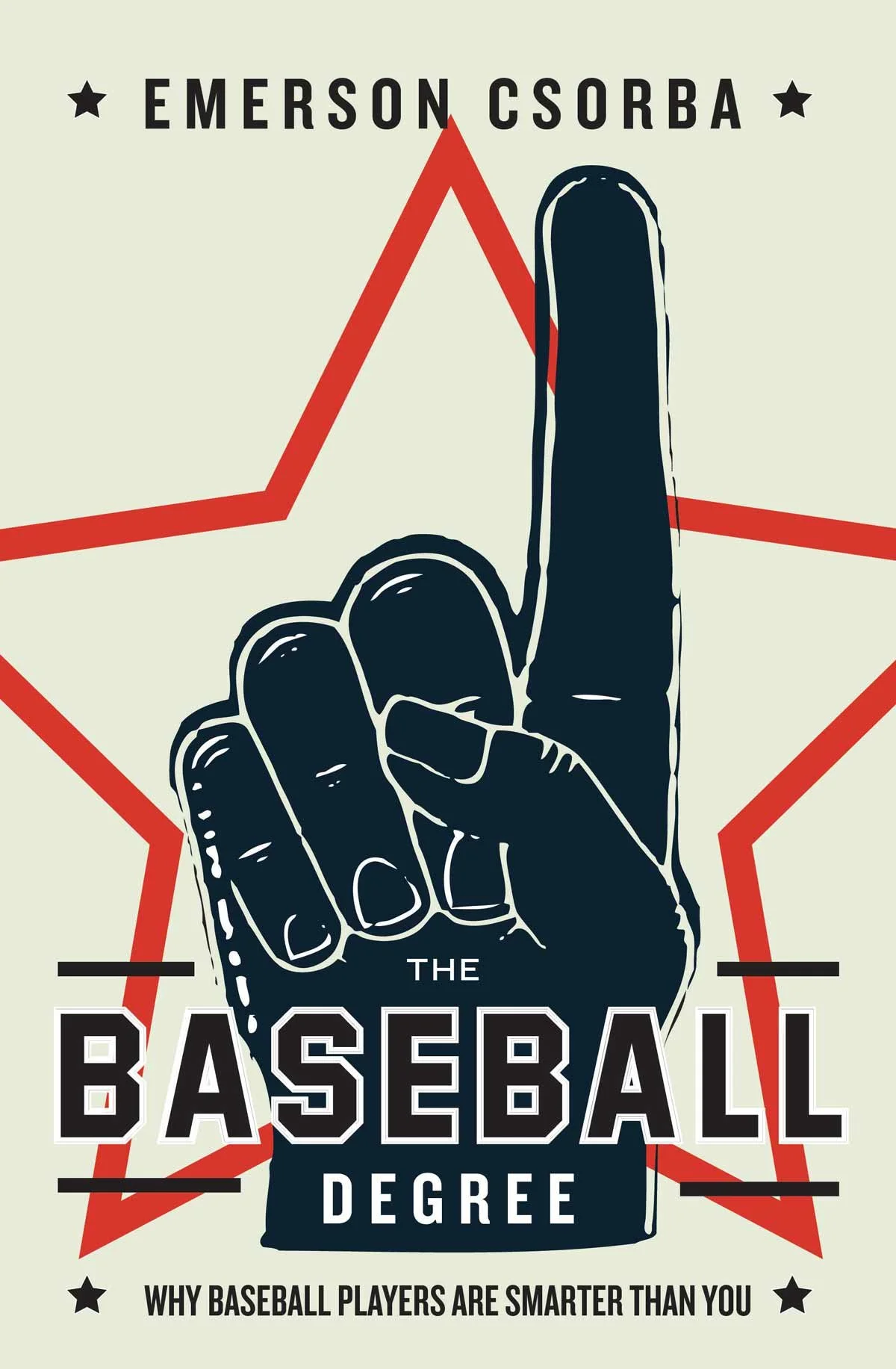Embracing Unexpected Creative Collisions
In June 2012, I came across an article about the legendary physicist Richard Feynman on The Creativity Post called Richard Feynman, Spinning Plates and Serious Play. Reading through the article, I solidified several ideas that had been building in my head over the previous weeks; namely, the importance of working diligently at a particular task and allowing oneself the time to relax and explore. In the Feynman article, for instance, the author writes "You need to periodically and regularly interrupt the brooding about a problem and do something totally differently." Indeed, it is the combination of domain knowledge, focus, letting go, and serious play that leads to great ideas.
"You need to periodically and regularly interrupt the brooding about a problem and do something totally differently."
In the week prior to reading the Feynman article, I finished Jonah Lehrer's best-seller Imagine. Even though I was unaware of the unfortunate plagiarism in Lehrer's book, I was intrigued by his exploration of what supports creativity. I still agree with Lehrer and see evidence of his point that all people have creative potential. It seems more and more clear that "Eureka!" moments are the result of smashing already-existing ideas together, and allowing oneself the time for fresh ideas to germinate in one's mind.
Following my exploration of both Imagine, the Feynman articles and a variety of other related books (Charles Duhigg's The Power of Habit, for instance), I began to experiment with these techniques in my own life. Rather than assume that creativity is something characteristic of only illustrators, painters and musicians, I began to view myself as a creative person. Moreover, I developed a daily "creativity routine": wake up at 5 am, work on a challenging problem for several hours, take a long run, get ready for the day and then take a brief stroll around the neighbourhood. The walk would usually take place around 11 am, with the route being relatively consistent: a one-kilometer walk from my house to the grocery store, and back.
This is where interesting things started to happen. Throughout June, I considered launching a student newspaper at the University of Alberta. For years, only one newspaper existed on campus, and I desperately wanted to see another publication. Throughout much of mid-to-late June 2012, I tinkered with several ideas, and then took a brief ten-day vacation in Houston. Following the time away, I returned home refreshed, and along with several peers, worked on the concept in detail. We set a launch date for July 5, and decided to create an online magazine The Wanderer Online along the lines of what one sees on Gawker or Jezebel (viz, witty, digestible and fun articles). As we worked diligently on the magazine - studying dozens of magazine structures everywhere from GQ to The Atlantic and Vanity Fair - we made noticeable progress. However, it was during those one-kilometer walks to the grocery store that a considerable number of unexpected, actionable ideas popped into my head.
"Eureka!" moments are the result of smashing already-existing ideas together, and allowing oneself the time for these ideas to germinate in one's mind.
On one walk, for instance, I thought "Why not create a Top 100 Most Influential list" for University of Alberta undergraduates, similar to the annual list produced by Time Magazine? This was one of those "random ideas," yet in March 2013, the list was published to an audience of over 10,000 unique readers. Similar ideas emerged that summer, with one of them being an idea about a book that uses Major League Baseball stories as a means to engage students in their academic studies. In August 2013, this book will be published, and it's called The Baseball Degree: Why Baseball Players Are Smarter Than You. It is incredible to see what happens when one embraces creativity, and believes that rigorous practice coupled with relaxation will bring tremendous ideas. When one has confidence in his own creativity, the ideas floodgates open.
Rather than assume that creativity is something characteristic of only illustrators, painters and musicians, I began to view myself as a creative person
A Serendipitous Creative Collision
Lastly I'd like to share a quick story of a kinda crazy and unexpected creative collision that led to being invited to write for Think Jar Collective. Following on the heels of devastating budget cuts to disability services in Alberta in May of 2013, I decided to write an article for The Wanderer about the whole ordeal. While researching for this piece, I called Ben Weinlick, a man I met while doing an internship with SKILLS Society (a disability service organization) several years ago. Following our conversation about the budget cuts, Ben asked about The Wanderer's genesis. I responded saying that one of the major turning-points in the magazine's formation was an article on The Creativity Post about Richard Feynman and "spinning plates." There was a pause. "I wrote that article," he replied... It was a big "Whoa" moment for both of us as I had no idea Ben wrote the Feynman article or had anything to do with creativity research, The Creativity Post or Think Jar Collective. True Story. Take it from me, weird and interesting things happen when you embrace creativity...
It is incredible to see what happens when one embraces creativity, and believes that rigorous practice coupled with relaxation will bring tremendous ideas
Related Articles
RICHARD FEYNMAN, SPINNING PLATES AND SERIOUS PLAY
A 70 YEAR OLD CREATIVITY TECHNIQUE THAT IS STILL RELEVANT TODAY




